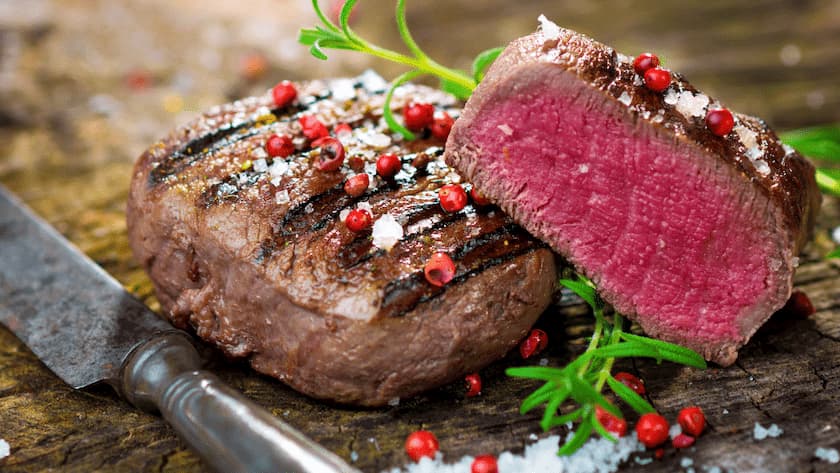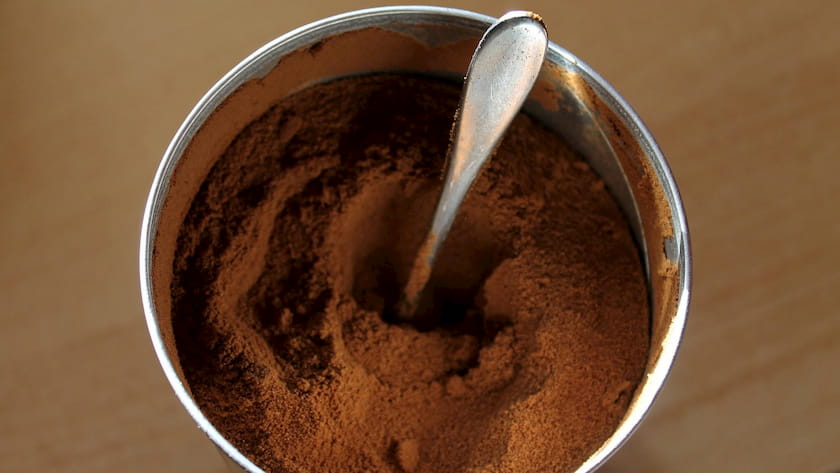Intermittent fasting is quickly gaining a lot of attention; basically, it’s a method of timing your meals so that you are fasting for most of the day and allowing yourself feeding windows. This is done to increase the amount of fat being burned and increase lean muscle tissue. Intermittent fasting isn’t just making headlines in the fitness industry, it’s also become a topic of discussion and research in the medical field. Some proponents claim that it can improve your immune system, help stabilize and increase necessary hormone levels, speed up your metabolism, and add years to your life. Is intermittent fasting all hype, or is there some truth to its benefits?
The Benefits of Intermittent Fasting

Numerous studies have shown that there truly are several awesome benefits that come with incorporating intermittent fasting into your daily or weekly dietary routine. One of the most important benefits of intermittent fasting has to do with improving overall wellness and triggering anti-aging effects in the body. Intermittent fasting has been shown to trigger a process called autophagy. This is where cells begin their clean up and removal of harmful waste materials such as free radicals. This is also the time when cells will repair themselves, making themselves stronger. Autophagy has been shown to help fight the aging process as well as help maintain lean muscle tissue.
Improvement of insulin sensitivity
One study collected two groups of subjects and placed one on an intermittent fasting diet and another on a traditional diet. The study showed that those volunteers who were on the intermittent fasting diet had a significant improvement in insulin sensitivity and glucose uptake. Insulin sensitivity is extremely important post-workout as this is when your body will be looking for the necessary nutrients to build muscle. [2]
Reduction of body fat
Another study found that human and animal subjects that were placed on an alternate-day fasting program experienced decreased body fat, improved insulin sensitivity, reduced blood pressure, and increased glucose uptake. [4]
Increasing HGH levels
For bodybuilders and those looking to increase lean muscle tissue, this next study is very important. A team at the University of Virginia concluded that intermittent fasting triggered an increase in levels of human growth hormone in the body. [1]
Overall benefits of intermittent fasting
To sum it up, a variety of studies have shown that intermittent fasting, when followed as recommended, is capable of providing the following benefits:
- Improved immune system
- Fighting the aging process
- Securing lean muscle tissue
- Reducing body fat
- Increased levels of HGH
- Decreased blood pressure
Does Intermittent Fasting Destroy Muscle?
There is a common belief in the fitness industry, especially amongst bodybuilders, that allowing your body to go four or more hours without food results in lean muscle tissue breakdown. This fear of the body turning against itself is the main reason that eating eight meals per day is so popular. The fact is that your body will not start eating your hard-earned muscle after several hours of fasting. Intermittent fasting has done wonders to expel this myth from the fitness world. In fact, in order for the body to use protein as a fuel source, it must be pushed to the level of actual starvation.
Your body doesn’t like using protein as a primary fuel source. Why? It’s not a very efficient fuel source, and it also involves a very costly energy conversion process called gluconeogenesis. Your body, particularly your brain, loves glucose as fuel. The best source of glucose? You guessed it: carbohydrates. They are easy to break down, and your body can utilize them at a faster rate than protein. So what happens when you are no longer ingesting macronutrients as you fast?
During fasting, your body must rely on two forms of stored nutrients: glycogen and body fat. Glycogen is stored in the liver and is easier to break back down into glucose. Body fat can also be broken down into glucose, although the process is a bit more costly. One thing to keep in mind is that if you eat a slow digesting protein before your fast, such as a casein protein shake, this will continue breaking down well into your fast. Once those amino acids are finally used up, then the body will turn to stored glycogen and body fat. Case in point, you’re going to be fine. Your body is not going to start snacking on your muscle after a 12-hour fast.
Most Popular Intermittent Fasting Program: Lean Gains
There are a number of ways to incorporate intermittent fasting into your lifestyle. Created by Martin Berkhan, this intermittent fasting program has an emphasis on helping out those who are constantly lifting weights and are trying to achieve a certain body cut. It has worked wonders for many people.
Lean Gains Breakdown:
- Fasting Time: 16 hours per day. Water, plain coffee and tea, and calorie-free beverages are acceptable.
- Feeding Window: 8 hours per day.
- Focused Macronutrient: Protein. Strive to add more carbohydrates and overall calories on training days. On non-training days, reduce calories but be sure to add in more fat-based calories.
- Most Important Meal: Post-workout. It should account for about half of your total calories for the day.
References:
1. Hartman, ML. “Augmented growth hormone (GH) secretory burst frequency and amplitude mediate enhanced GH secretion during a two-day fast in normal men.” 1992. http://www.ncbi.nlm.nih.gov/pubmed/1548337. Web.
2. Harvie, MN. “The effects of intermittent or continuous energy restriction on weight loss and metabolic disease risk markers: a randomized trial in young overweight women.” 2011. http://www.ncbi.nlm.nih.gov/pubmed/20921964. Web.
3. Kim, L. “Mitochondrial degradation by autophagy (mitophagy) in GFP-LC3 transgenic hepatocytes during nutrient deprivation.” 2011. http://www.ncbi.nlm.nih.gov/pubmed/21106691. Web.
4. Varady, KA. “Alternate-day fasting and chronic disease prevention: a review of human and animal trials.” 2007. http://www.ncbi.nlm.nih.gov/pubmed/17616757. Web.



Leave a comment
All comments are moderated before being published.
This site is protected by hCaptcha and the hCaptcha Privacy Policy and Terms of Service apply.